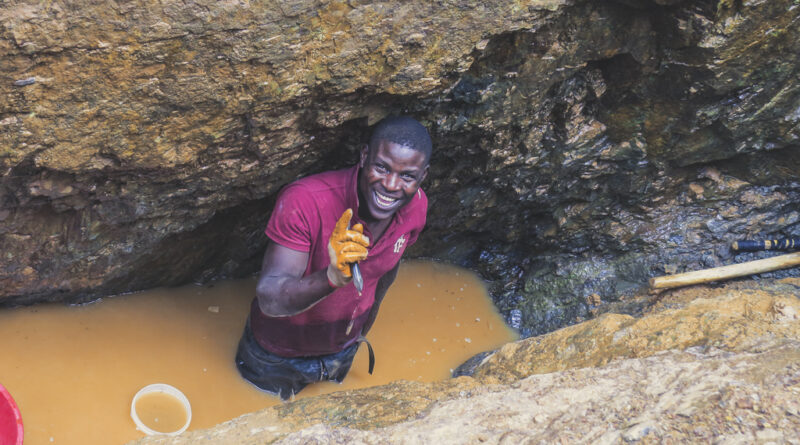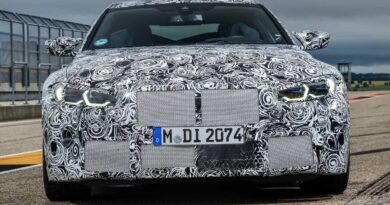Glencore joints Fair Cobalt Alliance
Glencore claims it has engaged on the issue of artisanal and small-scale mining (ASM) with communities around its businesses, the DRC Government, the OECD, civil society and other key stakeholders. Glencore believes that legal ASM can play an important and sustainable role in the DRC economy when carried out responsibly and transparently.
As a major copper and cobalt miner in the Democratic Republic of the Congo (DRC), Glencore has announced its membership of the Fair Cobalt Alliance (FCA). The FCA’s mission is to positively transform ASM in the DRC and work towards eliminating child and forced labour, as well as other dangerous practices.
Through its partners in the DRC, the FCA aims to tackle long-standing challenges within the ASM sector. Its objectives include achieving a child-labour free Kolwezi, supporting the professionalisation of ASM through the adoption of responsible mining practices, and identifying and supporting alternative livelihoods to help increase incomes and reduce poverty.
We are already committed to working with our local communities and other stakeholders in the DRC to address the endemic poverty in this region that is the underlying cause of ASM. Glencore, through our support of the FCA, will support legitimate ASM cooperatives in their endeavours to transform their practices and align with international human rights practices, especially in the prevention of child labour.
Glencore, through our support of the Fair Cobalt Alliance, will support legitimate ASM cooperatives in their endeavours to transform their practices and align with international human rights practices, especially in the prevention of child labour.
HISTORICAL CONTEXT AND LOOKING FORWARD
“As an industrial mining operation, we do not process, buy or trade ASM material. Historically, ASM has been associated with significant challenges. In particular, child labour and illegal intrusions onto active industrial mining sites – including our own – continue to present risks to both our people and communities. As a responsible miner, we do not tolerate any form of child or forced labour. And we do not tolerate illegal intrusions onto mining concessions,” says Glencore.
While these challenges exist, ASM is a source of significant employment within the Democratic Republic of Congo (DRC) – for as many as 2 million people across the country. The DRC’s geological cobalt endowment is unrivalled – the country has around 60% of the world’s known cobalt reserves. This means that while the DRC hosts the largest industrial cobalt mines in the world, smaller operations including artisanal and ASM can also be economically viable.
“We recognise the legitimacy of cobalt from responsible ASM operations in the global supply chain and welcome the efforts by responsible sourcing initiatives and international organisations to improve practices and address risks of human rights violations. In addition to our new partnership with the FCA, as a member of the Responsible Minerals Initiative and the Global Battery Alliance, we participate in programmes to develop frameworks and standards that support responsible ASM. On the ground, Glencore and our operations in the DRC are committed to operating ethically, responsibly and respecting human rights everywhere we operate. This includes a zero tolerance for child labour,” says Glencore.
BEYOND ASM – THE WIDER ECONOMY
On the ground, Glencore and its operations in the DRC are committed to operating ethically, responsibly and respecting human rights everywhere we operate. This includes a zero tolerance for child labour.
The company believes it has a responsibility to collaborate with local stakeholders to help address social challenges in the regions that host its operations.
Glencore’s Kamoto Copper Company business (KCC) supports social development through its many local programmes, in particular a series of initiatives designed to fight child labour and develop alternative sources of livelihoods for the community.
These include supporting over 140 agricultural co-operatives providing food self-sufficiency and income generation to over 4,000 members and their dependents, and upskilling 2,000 small business association members who support 12,000 dependants.
KCC and Glencore have also improved learning conditions for 57,000 school primary and secondary age school children, and in 2019 ran school holiday camps for almost 16,000 children.
As the world calls for more cobalt and copper to power the energy and transport revolutions, the demand for these vital everyday commodities will underline the global importance of the DRC. It is crucial that all supply chains, including both cobalt and copper, are sustainable, ethical, and responsible.




